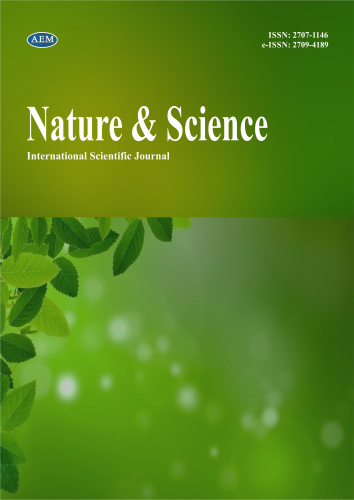DOI: https://doi.org/10.36719/2707-1146/56/49-53
Maryam Musayeva
Azerbaijan State Agrarian University
https://orcid.org/0009-0007-4094-3379
musayeva.m.17@list.ru
Leyla Verdiyeva
Azerbaijan State Agrarian University
https://orcid.org/0009-0004-7976-6857
verdiyeva-81@mail.ru
Lala Hasanova
Azerbaijan State Agrarian University
https://orcid.org/0009-0003-7698-8801
gasanova.lale@mail.ru
Sevda Osmanova
Azerbaijan State Agrarian University
https://orcid.org/0009-0005-9125-6881
sevda_osmanova_79@mail.ru
Farah Mustafayeva
Azerbaijan State Agrarian University
https://orcid.org/0009-0004-1900-5896
mfereh@internet.ru
Studying the Treatment Method for Pebrine (Nosematosıs) Disease
of Mulberry Silkworm
Abstract
For the first time in the conditions of the Republic of Azerbaijan, the development of medicinal treatment and preventive methods against pebrin or nosematosis disease of mulberry silkworms, which causes severe damage to silk farms, was carried out. In the research, natural sick and healthy grenae of the Namazli-2 mulberry silkworm breed with pebrin and worms hatched from them were used.
In the spring feeding of the Namazli-2 mulberry silkworm breed, fumagillin DCH, amprolium, coccidiovit and baykox preparations were used against pebrin or nosematosis disease (causative agent - Nosema bombycis).
When the naturally diseased grenae with pebrin were treated with ready-made solutions of 1.0% fumagillin DCH and 2.0% amprolium, coccidiovit, and baycox preparations and the worms were fed regular feed (without the preparation) before the first feeding, the mortality during the worm stage from pebrin disease was reduced to 17.36-16.31%, the total death to 22.22-19.99%, and the survival of the worms increased to 19.99-22.22% against the background of the disease. The cocoon yield from one standard box (20,000 pieces) of grenae was 9.2-10.6 kg higher than that of the diseased control.
Keywords: mulberry silkworm, genus, nosematosis, natural infection, grenae, preparations, treatment

